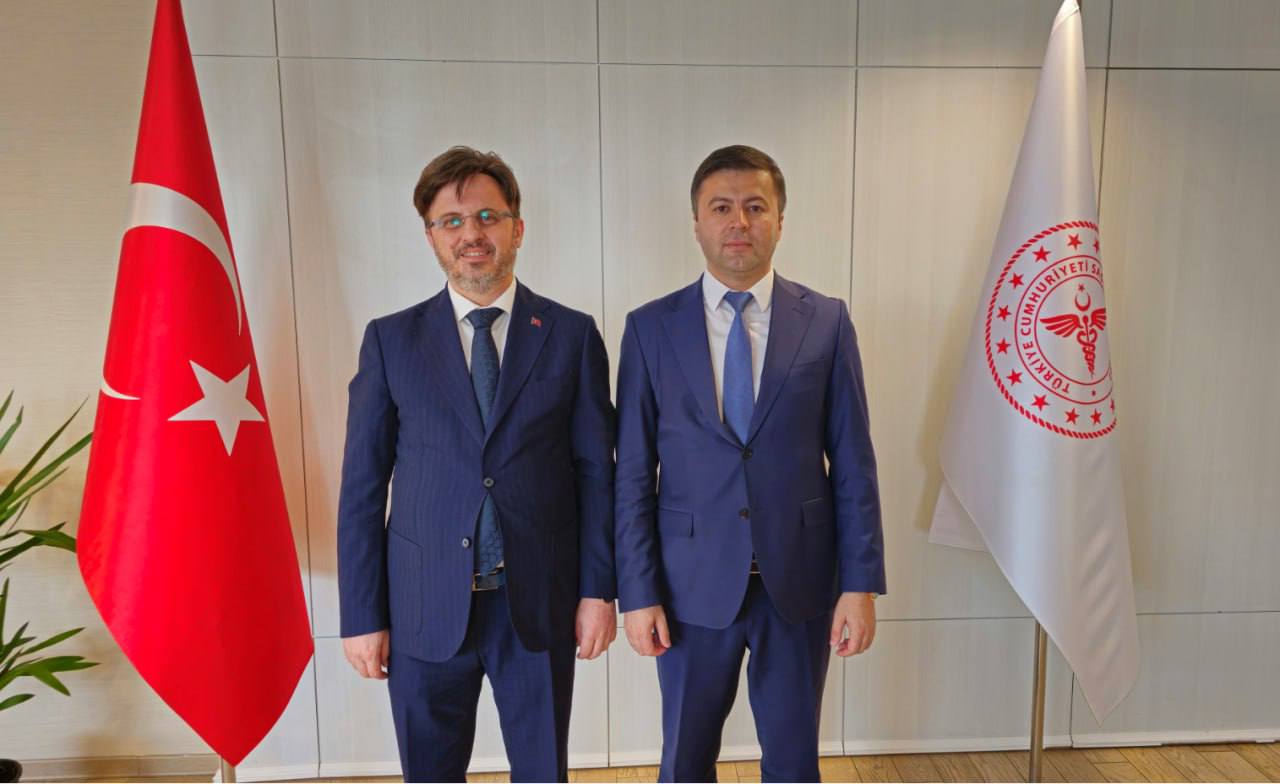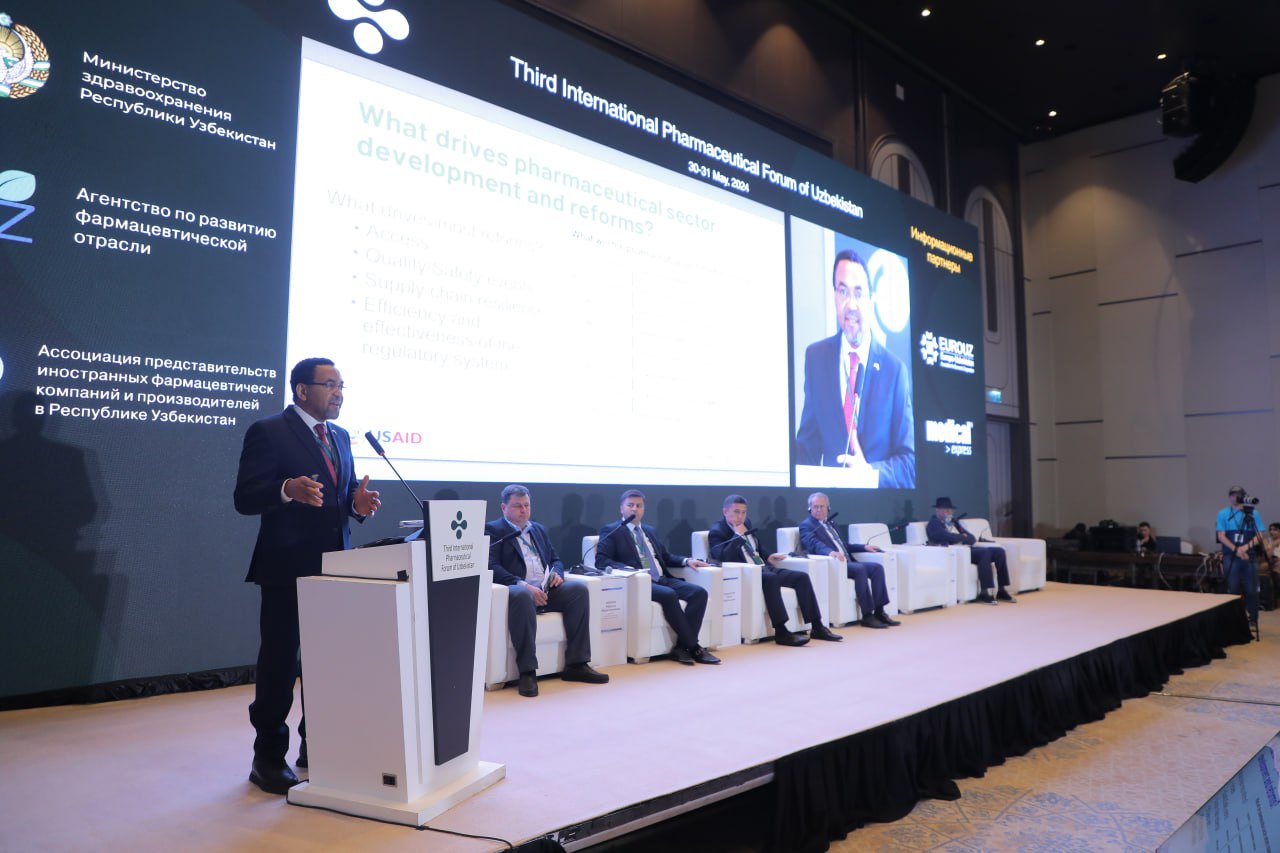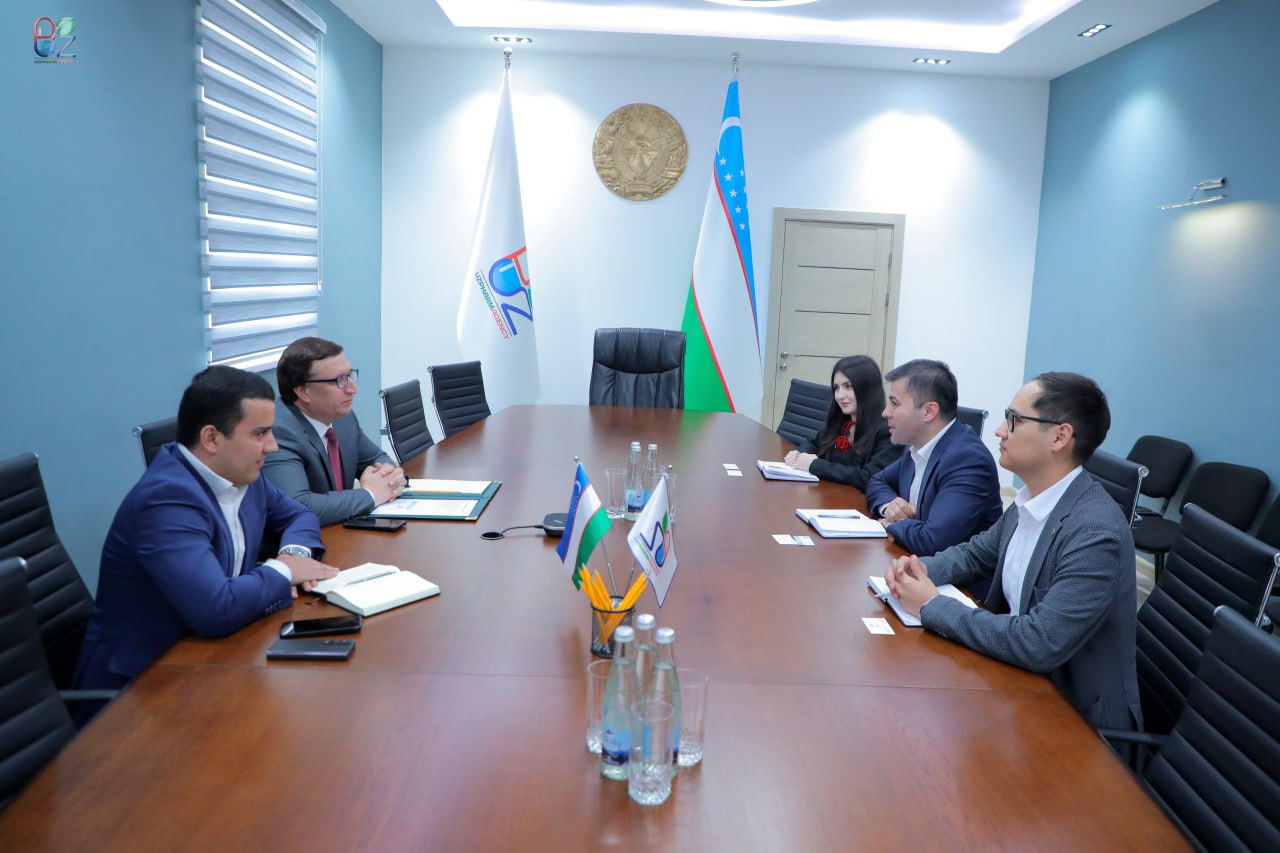Pharmaceutical industry: high social responsibility and compliance with the requirements of the time.
Pharmaceutical industry: high social responsibility and compliance with the requirements of the time.
It is important to acknowledge that today the domestic pharmaceutical industry does not fully meet the needs of healthcare, the level of imports of socially significant medicines still remains quite high. The government is taking measures to rectify the situation, which leads to positive changes in a vital segment.
The beginning of the reforms was laid down by the Presidential Decree "On measures to radically improve the management system of the pharmaceutical industry," dated November 7, 2017.
At that time, a unified strategy for the sustainable development of the pharmaceutical industry had not yet been developed, and proper coordination of the activities of domestic pharmaceutical enterprises, including the production of relevant products, taking into account the existing needs of the population and healthcare institutions, was not ensured. The Ministry of Health established the Pharmaceutical Industry Development Agency in order to solve these issues.
To more fully present the picture in the field, it is enough to provide a few figures. In particular, in 2018, $800 million worth of medicines were purchased in Uzbekistan, and $730 million in 2019. There has been a decrease, but not a significant one. Then, by the Presidential Decree “On the creation of the innovative research and production pharmaceutical cluster “Tashkent Pharma Park,” dated January 28, 2020, a cluster was created in the capital region.
The document lays the foundation for the creation of a university for training specialists in the pharmaceutical industry, cosmetology, and business areas. This university was conceived in the form of a campus, where, along with teaching students, scientific research is also conducted. Pharmaceutical industrial zones in Cambridge (70 participants, 5000 jobs), Munich, Dusseldorf, and Mainz (214/115000), and Swiss Basel (60/40 000) were taken as bases. The experience of South Korea in creating a pharmaceutical cluster was also used.
The next important documents for the development of the sphere were the Presidential Decree "On additional measures for the accelerated development of the pharmaceutical industry of the Republic in 2022-2026," dated January 21, 2022, and the Presidential Decree "On additional measures to provide the population with high-quality medicines and medical products," dated October 26, 2022.
Thus, the decree of the head of state approved the forecast parameters for the development of the industry for 2022–2026, as well as a list of investment projects. 80 hectares have been allocated in the Zangiata district of the capital region to increase the area of the Tashkent Pharma Park cluster.
The decree establishes the procedure for state registration of new medicines in the Republic of Uzbekistan, and positions of specialists in the purchase of medicines and medical devices have been introduced in hospitals. The hospitals have also formed the necessary primary reserve and ensured that the daily balance, prices of medicines and medical products purchased from the state budget, and extra-budgetary funds have been posted and regularly updated on the official websites of hospitals.
As noted at a meeting held by the President on November 28, 2023, on further support for production and increasing export potential in the pharmaceutical and electrical industries, Uzbekistan has sufficient raw materials and conditions for the development of these industries.
In particular, over the past six years, pharmaceutical production has tripled, and exports have increased sixfold. 177 projects worth $525 million have been launched, and a total of 7.4 thousand jobs have been created.
However, the results do not correspond to the potential of the republic. Thus, medicines worth $1.6 billion are consumed annually in the country. At the same time, the share of domestic producers is only 18 percent; the rest is provided by imports.
The Head of State noted the need to expand localization, support entrepreneurs' projects, and ensure the purchase of their products.
In this regard, the importance of studying foreign experience and attracting well-known brands to our country was emphasized. In particular, instructions were given to increase localization to 35 percent by organizing the production of the 50 most commonly consumed medicines in the country.
It was necessary to accelerate the construction of the Tashkent Pharma Park cluster with the involvement of a private partner. Pharmaceutical companies will also be assisted in the transition to the international GMP standard and the creation of a labeling system. In general, 147 projects worth $1.9 billion have been formed in the industry. It is planned to allocate $600 million for their financing.
So, what are the outcomes of the work in 2023? Pharmaceutical products worth 4.3 trillion sums were produced. In 2022, 4.1 trillion sums were produced, representing 108.3 percent growth. At the same time, 204 new types of medications were manufactured.
For reference, 3.2 trillion of these products are medicines, 814 billion are medical devices, 21 billion are medical equipment, and 287 billion are dietary supplements.
Currently, there are 82 enterprises in the republic producing medicines, 110 medical devices, 35 medical equipment, 65 medicinal plants, and 134 bio-additives.
As part of the localization program, products worth 3 trillion sums were produced in 2023, and local enterprises exported products worth 129 million dollars, an increase of 144 percent compared to the previous year.
Of these, 12.5 million are medicines, 42.6 million are medical devices and equipment, 44.2 million are medicinal plants and dietary supplements, and 30 million are other pharmaceutical products (hygiene products).
During the implementation of 37 projects included in the Investment Program, $93.1 million was disbursed, including $26.8 million of foreign investment attracted.
As part of the implementation of the concept for the development of the pharmaceutical industry of the Republic of Uzbekistan in 2020-2024, approved by the Presidential Decree “On additional measures to deepen reforms in the pharmaceutical industry of the Republic of Uzbekistan” dated December 30, 2019, four enterprises for the production of medicines were commissioned in 2023: "Sulton Med Pharm", "Begzod-Farrukh", "Polidar Pharm", LLC "Rompharm NS", as well as six enterprises for the production of medical products: PE "Subkhon Yarash", LLC, "Xojaobod mahsulot xizmat", "Nam sof farm", "Rin-Sal", "Asilbek tibbiyot mahsulotlari", "Le Uat De Bukhara".
At the same time, within the framework of nine investment projects implemented in the industrial zone of the innovative research and production cluster Tashkent Pharma Park, $19 million was spent.
In addition, as part of the creation of the scientific and educational component of the cluster (1st stage), financing has begun through the EDCF Fund of the Exim Bank of Korea.
For more information, in December 2023, the EDCF allocated $2.13 million to hire Korean consultants.
Since 2023 was declared the Year of Human Care and Quality Education in Uzbekistan, 805 billion sums were allocated from the Fund for Support and Development of the Pharmaceutical Industry to cover the costs of domestic pharmaceutical enterprises.
In response to this state support, pharmacists actively introduced advanced foreign practices and international standards. In particular, the number of enterprises with GMP standards (drug manufacturers) has increased to 40. Their market share is 85 percent, and GDP standards for wholesale trade have been implemented at 151 enterprises (65 percent of the total market).
In the coming year 2024, declared the Year of Support for Youth and Business in Uzbekistan, domestic pharmacists will face great challenges. In particular, measures will be taken to increase the production volume of pharmaceutical products to 4.6 trillion sums.
At the same time, exports are planned to reach $200 million, an increase of 153 percent.
As part of the commissioning of 28 projects, it is planned to develop $152.5 million of investments (an increase of 145 percent) and create 1,478 jobs.
A full inventory of the projects carried out in the FEZ “Parkent Farm," “Bustonlik Farm," “Andijon Farm," “Kosonsoy Farm,” and “Zomin- Farm” will be carried out, and measures will be taken to locate new ones on free lands.
Foreign consultants and specialists will be involved in the development of pharmaceuticals in the regions.
Measures will be taken to attract large companies using transfer technologies and guaranteed purchases.
A loan of $100 million will be allocated from the Reconstruction and Development Fund to support projects to organize the production of pharmaceutical products by local enterprises.
The work of manufacturing enterprises will be fully organized based on the requirements of the international standard of Good Manufacturing Practice (GMP) and wholesale enterprises' standard of Good Distribution Practice (GDP). In particular, 430 distributors must receive such certificates. Along with this, all pharmacy chains (7,700 pharmacies in total) will be certified according to Good Pharmacy Practice (GPP) standards.
In general, representatives of the pharmaceutical sector will continue to work towards increasing the volume of supplying domestic healthcare needs, supplying high-quality and inexpensive medicines to the population of Uzbekistan, and increasing exports to the CIS countries and other regions.
Abdulla Azizov.
Director of the Pharmaceutical Industry Development Agency under the Ministry of Health of the Republic of Uzbekistan.






